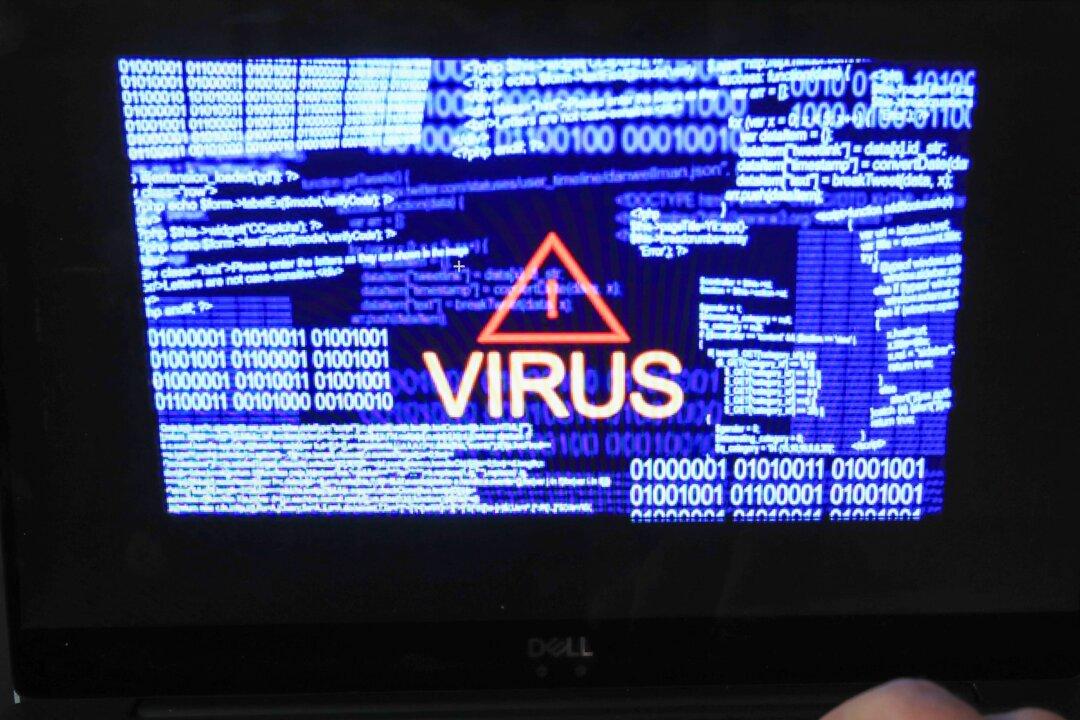Chinese state-backed cyber espionage group Salt Typhoon, which has been in the news for its breach of U.S. telecom firms, was first discovered on the federal network using a different name, according to Jen Easterly, director of the Cybersecurity and Infrastructure Security Agency (CISA).
“We saw it as a separate campaign called another goofy cyber name. And we were able to—based on the visibility that we had within the federal networks—to be able to connect some dots,” she said during a discussion at the Foundation for Defense of Democracies on Jan. 15.





